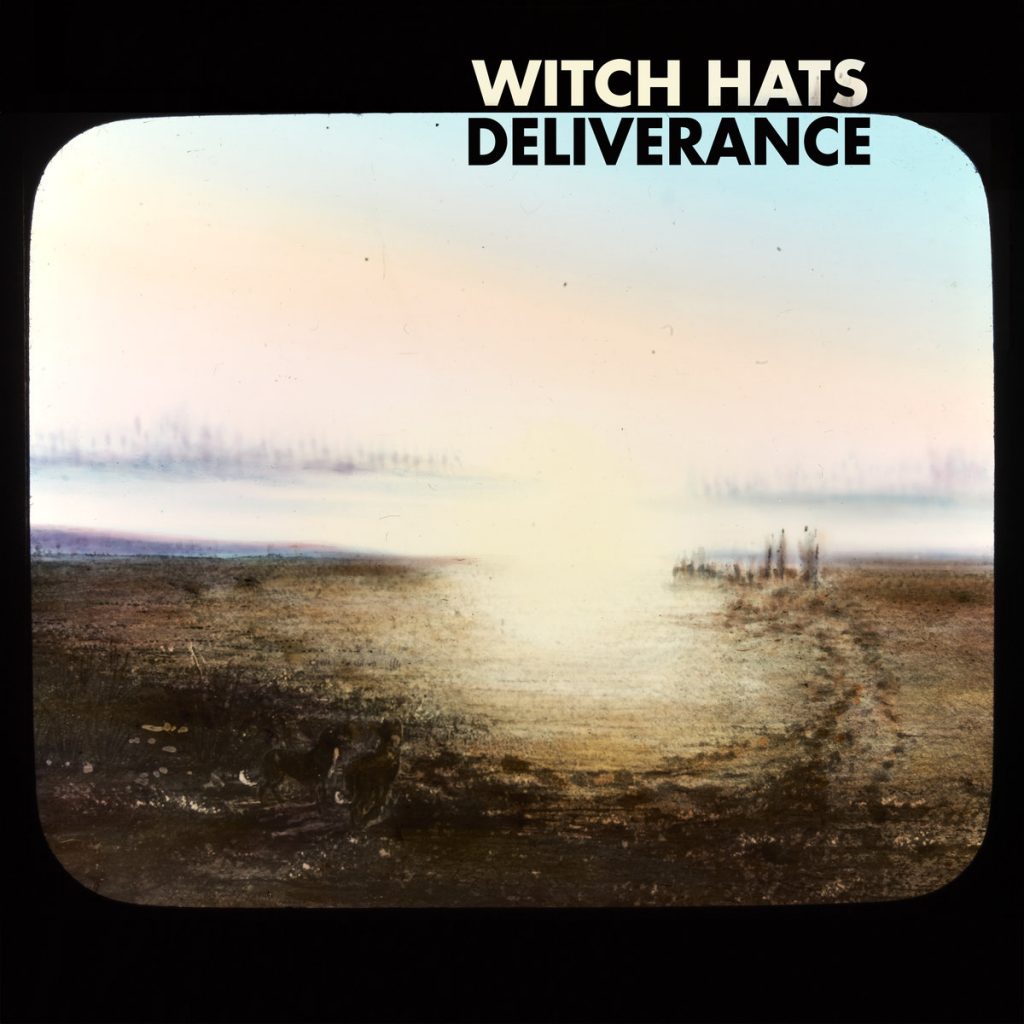Right Here: Behind The Heartache
Scene: a tall, erect man, aged 60, is walking up a long gravel driveway. He is impeccably, incongruously dressed for the country surroundings: dark blue suit and tie, rose-pink shirt, dress shoes. It is the Go-Betweens’ Robert Forster. He is carrying a guitar. An old radio voice-over asks him to describe the music he plays. “It’s like running water off thin white strips of aluminium,” he replies. Soundtrack: the first three notes of Cattle And Cane.
The next person we see is footage of the late Grant McLennan, the song’s author, who died of a heart attack at the age of 48 in 2006. He is dragging on a cigarette. “We’re not a trendy band,” he says. “We’re a groovy band. And I like that.”
Rewind. Setting: The Golden Century, a Chinese restaurant in Sydney. Film director Kriv Stenders, best known for Red Dog, is pitching his documentary about the Go-Betweens, Right Here, to a suspicious Lindy Morrison, the band’s drummer on their first six albums, and multi-instrumentalist Amanda Brown. During the band’s life, Morrison had been in a relationship with Forster; Brown with McLennan. Old wounds remain close to the surface.
Morrison describes the meeting as “extraordinarily traumatic”.… Read more..
Right Here: Behind The Heartache Read More »
